Department of Psychiatry and Behavioral Neurobiology

The UAB Department of Psychiatry and Behavioral Neurobiology welcomed Shanti Alicia James, Ph.D., as an assistant professor in October 2025.

On Thursday, Nov. 20., the Heersink School of Medicine honored 20 faculty members at the Fall 2025 Endowed Chairs and Professorships Reception. This event recognizes Heersink faculty who have made major contributions to research, education, and clinical care.

Justin Thomas, Ph.D., associate professor in the Department of Psychiatry and Behavioral Neurobiology, has been awarded a $3.4 million grant from the National Institute on Aging and the Office of AIDS Research to study the impact of insomnia treatment on cognitive health in older adults living with HIV.

On Friday, November 14, 2025, students from the UAB Heersink School of Medicine gathered to celebrate faculty excellence during the annual Argus Awards Ceremony. Established to recognize outstanding contributions in medical education, the Argus Awards are determined entirely by student nominations and votes, honoring faculty, courses, and course directors who have made a lasting impact throughout the year.

The UAB Department of Psychiatry and Behavioral Neurobiology opened its Transcranial Magnetic Stimulation (TMS) Clinic in August 2025, a significant step forward in expanding access to cutting-edge treatment for depression.

Supporting those around you starts with supporting yourself. A new training offering at UAB not only emphasizes this but also teaches participants how to use self-regulation to benefit those around them, specifically in a healthcare setting while being transferable to other areas.

A new trio of clinics in the UAB Department of Psychiatry and Behavioral Neurobiology reflects the department’s dedication to innovation in mental health care. Known collectively as the TEAM Clinics (Treatment, Evaluation and multidisciplinary Approaches for Mental health Clinics), they focus on early intervention for younger individuals experiencing first episodes of psychosis, mood disorders, and substance use disorders—conditions that often emerge during adolescence and early adulthood.

UAB researchers are involved in a new clinical trial to explore a promising treatment for adults suffering from major depressive disorder, especially for those who have not been successfully treated after trying four or more antidepressants. The study involves researchers from the Department of Psychiatry and Behavioral Neurobiology and the Department of Neurosurgery.

The UAB Department of Psychiatry and Behavioral Neurobiology recognized eight members for their outstanding work this year in the 2025 Chair Awards.

The UAB Department of Psychiatry and Behavioral Neurobiology recently welcomed Gagandeep Bhatia, MBBS, as an assistant professor in September 2025.

Eight faculty members in the UAB Department of Psychiatry and Behavioral Neurobiology have received promotions effective Oct. 1, 2025.

Jennifer Lockman, Ph.D., assistant professor in the Department of Psychiatry and Behavioral Neurobiology and the leader of the Suicide Prevention and Recovery in Healthcare initiative at UAB, said that more healthcare providers at all levels of care at UAB are being trained on best practices to establish a recovery culture in suicide care.

When someone dies by suicide, the words we use to describe their death can either deepen stigma or foster understanding. Today, mental health experts emphasize compassionate, factual language, recognizing that words can make a real difference in prevention, awareness, and healing.
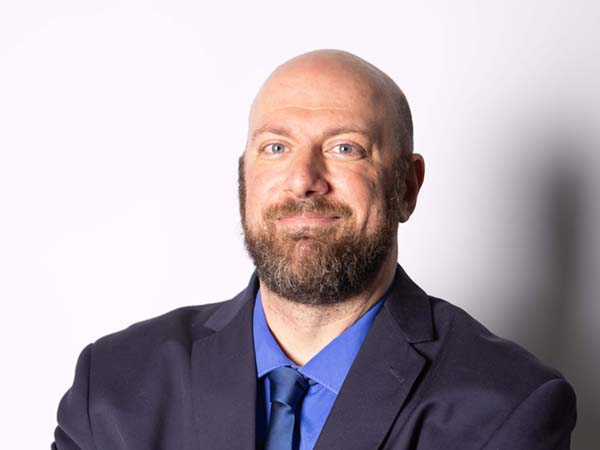
UAB’s Civitan International Research Center (CIRC) is a world leader in research and treatment of intellectual and developmental disabilities. With more than 100 scientists, clinicians, and research staff from around the globe, the center is united by a single mission: improving the well-being and quality of life of individuals and families affected by neurodevelopmental disorders.
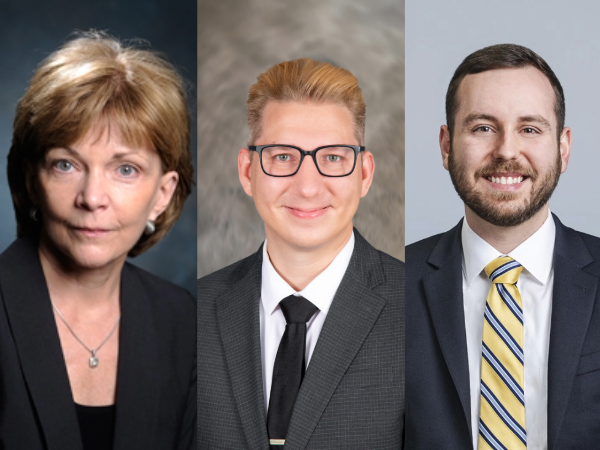
The residency research track in the Department of Psychiatry and Behavioral Neurobiology is an innovative program that integrates a research training component within the department’s general psychiatry residency program. The program is known as STEPP, which stands for Supporting Training for Emerging Physician-Scientists in Psychiatry.
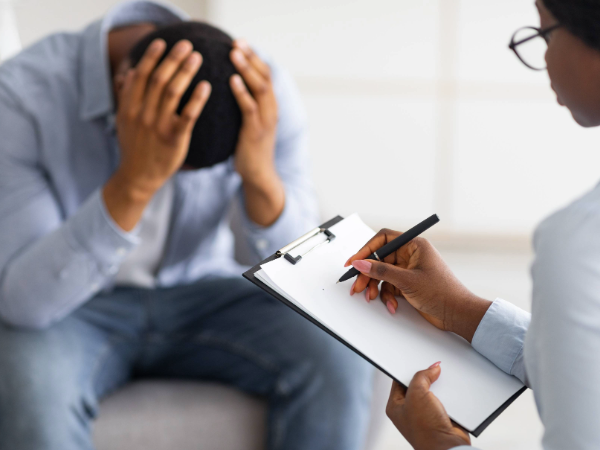
Trauma doesn’t always end when the danger is over. For many, the body and brain remain locked in survival mode, long after the traumatic event has passed. This is the painful reality of post-traumatic stress disorder (PTSD), a condition marked by the brain’s inability to properly process and resolve trauma, leaving individuals emotionally stuck in fear, guilt, or shame.

Academic medical centers (AMCs) are among the United States’ most active hives of biomedical innovation thanks to their often robust research enterprises. Increasingly, AMCs like the Heersink School of Medicine play a central role in another realm of innovation: the biomedical/biotech start-up space.
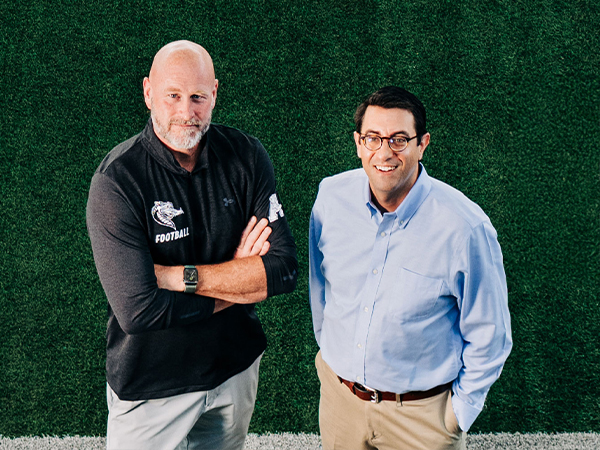
In football, there are phrases that are as familiar to a player’s ears as the sound of a coach’s whistle: “Suck it up … Fight through it … Shake it off.” Tough words for a tough sport. But even as coaches push players to test their physical limits, they understand that injuries require time and resources to heal.
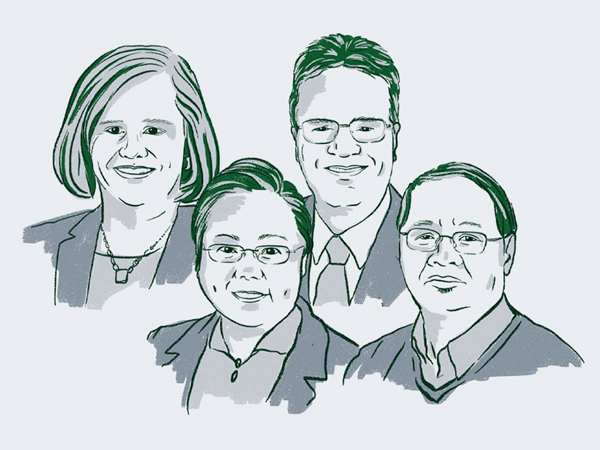
Meet some of Heersink’s outstanding new faculty members. Each issue, we introduce you to several of the exceptional new faculty that have joined the Heersink School of Medicine. These outstanding recruits—just a few of the many new faces we welcome to our faculty each year—bring with them a wealth of expertise, impressive research portfolios, and a commitment to excellence in shaping the future of medicine and health care.

Members of the UAB Department of Psychiatry and Behavioral Neurobiology were honored Thursday, June 12, at the 2025 Education Awards. The annual event, which was held at The Fennec, served to recognize exemplary residents, faculty, and fellows in the department for the 2024-2025 academic year.
Page 1 of 4